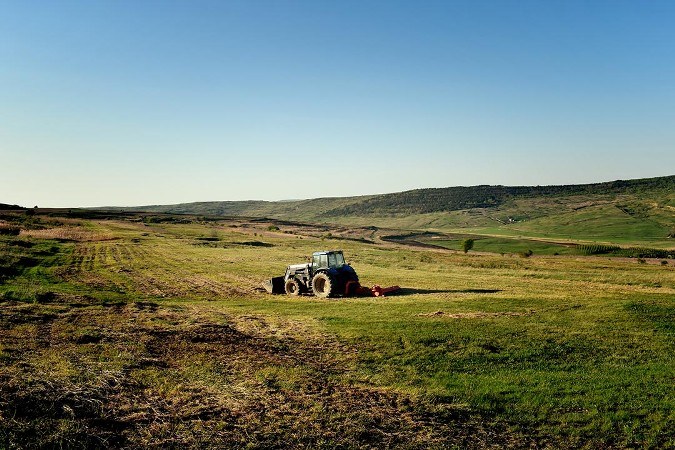University of Saskatchewan researchers along with the Saskatchewan Health Authority and CHEP Good Food Inc. are working togetherto better understand the historical roots of food insecurity and food sovereignty in the province, and design a path to a more sustainable future.
A current study will look at various locations in Saskatchewan including urban centres and remote areas among First Nations and Métis communities.
“This is an exciting opportunity to think and work differently on very complex issues,” said Dr. Wanda Martin PhD, associate professor with the USask College of Nursing.
The project is part of the Nourish Anchor Collaborative Cohort, which consists of a network of teams of diverse health-care practitioners and community members across the country collaborating to address interconnected challenges of health inequity, food insecurity, ever-climbing rates of diet-related chronic disease and the impacts of climate change.
“Being part of the Saskatchewan Nourish Anchor Collaborative is an amazing opportunity to gain and practice new skills for systems transition,” said Indigenous Food Sovereignty facilitator with CHEP Good Food Inc., Jordan Morton.
According to Morton, an integral skill when looking at a food system or health-care system, is understanding its pieces and how they function, while being able to offer insight on how to facilitate a change within that system.
“In the work of decolonizing and confronting systemic injustice, the learnings so far have been invaluable,” he said.
Of particular concern to the Saskatchewan group is the large-scale food procurement needs of the health authority. This has the potential to overwhelm local sustainable practices — such as hunting, growing, harvesting — if not done in a responsible fashion.
“We must be mindful that our designs for the future consider both ecological and human needs, and be aware of our power in shaping the economic and sustainability processes in our province,” said Stephanie Cook, executive director, Nutrition and Food Services of the SHA, .
The work is supported by Nourish, a national community of practice empowering health-care leadership in climate action and health equity.
“The Nourish Anchor Cohort seeks to activate anchor leadership and identify innovations bringing together health and community,” said co-Director of Nourish, Hayley Lapalme. “We’re excited to partner with the Saskatchewan team as they work towards healthier, more equitable and sustainable futures.”
The collaborative projects will run from 2021 to 2023.




